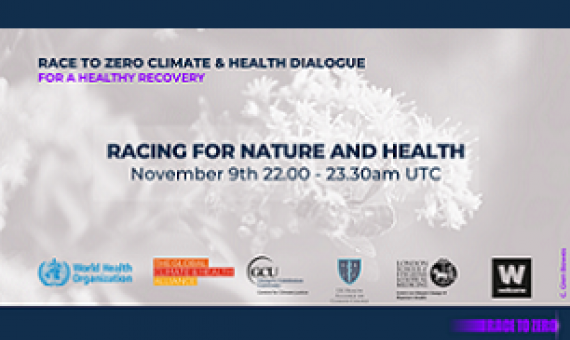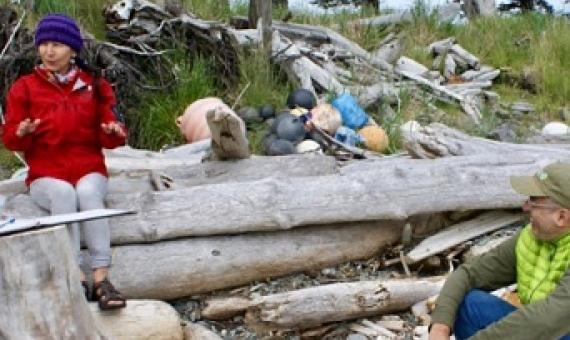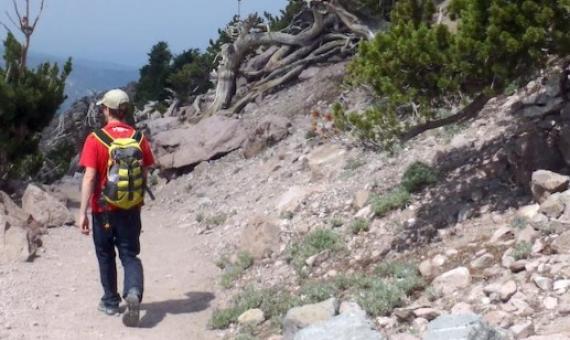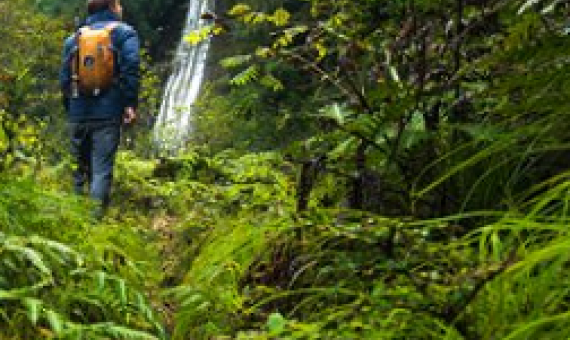This Climate & Health Dialogue will reveal the connections between nature, climate change and human health outcomes, and explore emerging challenges to food security, the control of infectious and noncommunicable
Caring for people's health is a prescription for protecting rainforests, slowing climate change and creating significant monetary value, according to a new Stanford-led study. The analysis, published in PNAS on Oct.
While ocean acidification was initially perceived as a threat only to the marine realm, the authors of a new publication argue that it is also an emerging human health issue...In a recent article in the International Journal of Environmental Research and Public Health, scientists lo
Stay-at-home orders enacted to slow human movement, and consequently the spread of COVID-19, have had obvious benefits for the environment, but they are also impacting environmental science.
Ecosystem services for human health in Oceania
The state of ecosystems and the health and well-being of people that depend on them are fundamentally linked. However, these links are often obscured – geographically, as globalised trade separates production of goods and ecosystem services from consumers; across time, as physical and mental impacts accumulate across lifespans; and through the complexity of competing socio-economic and cultural influences. Pervasive societal dualisms like nature-culture, and even social-ecological, fragment thinking and decision-making. Definitions differ across sectors.
Humankind is fundamentally connected to the ocean and we need to protect the health of the sea to protect our own health.
Economic value of protected areas via visitor mental health
We evaluate methods to calculate the economic value of protected areas derived from the improved mental health of visitors. A conservative global estimate using quality-adjusted life years, a standard measure in health economics, is US$6 trillion p.a. This is an order of magnitude greater than the global value of protected area tourism, and two to three orders greater than global aggregate protected area management agency budgets.
It's often noted that getting out into nature is good for the soul, both from physical and mental health standpoints.
Biodiversity and Health in the Face of Climate Change
This volume brings together rich insights of how biological diversity matters to people and their physical, mental and spiritual health and well-being, particularly in the context of a changing climate. Notably, the volume takes a systemic approach to assembling evidence from the social, natural and health sciences, draws on practical expertise from applied case studies, and discusses findings in the frame of ongoing developments in policy and planning.
Decades of research prove that protected areas — locations set aside to conserve nature and protect it from mining, overfishing and large-scale agriculture — are good for wildlife.













